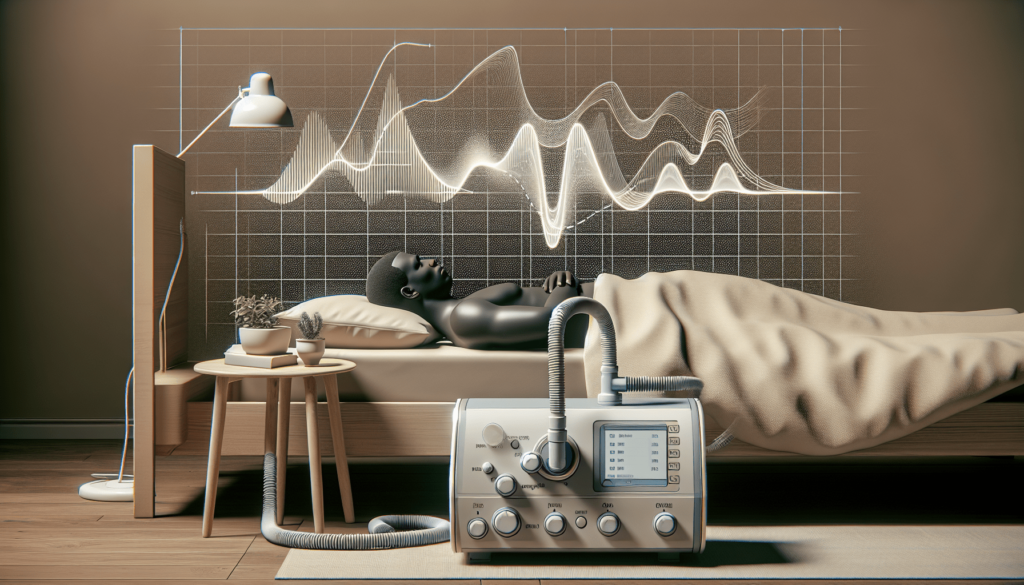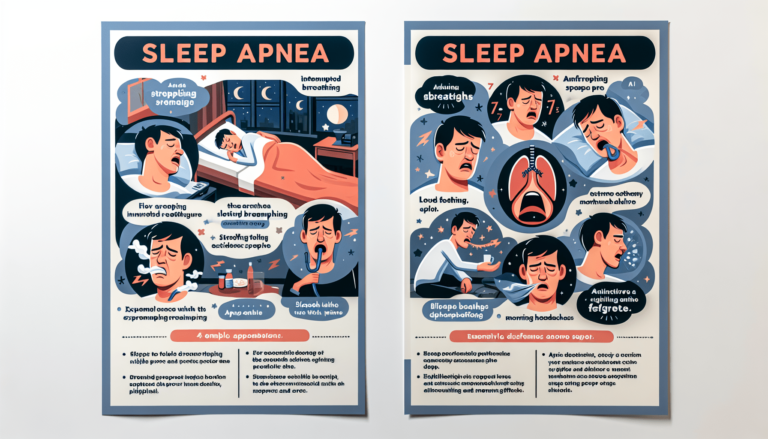CPAP Titration Study: The Key to Restful Sleep
Are you tired of restless nights and waking up feeling exhausted every day? Look no further than the CPAP Titration Study at Vector Sleep Clinic. We understand the impact that sleep disorders can have on your health and productivity, which is why we offer a comprehensive approach to diagnosing and treating a variety of sleep disorders. From insomnia to sleep apnea, our licensed and insured clinic is dedicated to helping you achieve a restful, uninterrupted sleep. Don’t let untreated sleep disorders lead to serious health issues like heart attacks, strokes or high blood pressure. Discover the key to restful sleep at Vector Sleep Clinic.
CPAP Titration Study: The Key to Restful Sleep
What is a CPAP titration study?
A CPAP titration study, also known as continuous positive airway pressure titration study, is a diagnostic procedure used to determine the optimal air pressure settings for individuals who suffer from sleep disorders such as sleep apnea. It involves monitoring and adjusting the air pressure delivered by a CPAP machine during sleep to ensure effective treatment.
Understanding the importance of CPAP therapy
CPAP therapy, short for continuous positive airway pressure therapy, is a non-invasive treatment option for sleep disorders, primarily sleep apnea. It involves using a CPAP machine that delivers a continuous stream of pressurized air through a mask worn over the nose or mouth. This air pressure acts as a splint to keep the airway open, preventing the collapse or obstruction that causes breathing pauses and disruptions during sleep.
CPAP therapy is crucial for individuals with sleep disorders because it helps alleviate symptoms, improve sleep quality, and prevent long-term complications associated with untreated sleep disorders. It allows individuals to experience restful sleep and wake up feeling refreshed and energized.
Benefits of a CPAP titration study
A CPAP titration study offers several benefits for individuals undergoing CPAP therapy:
-
Determining the optimal CPAP pressure: A titration study helps determine the exact air pressure needed to effectively treat a specific individual’s sleep disorder. This personalized approach ensures that the prescribed CPAP settings are tailored to their specific needs, maximizing the therapy’s effectiveness.
-
adjusting settings for individual needs: Each individual is unique and may require different settings for their CPAP device. A titration study allows for the adjustment of various parameters, including pressure levels, humidity, and mask fit, to ensure maximum comfort and compliance with the therapy.
-
Improving sleep quality and reducing symptoms: By optimizing the CPAP settings, a titration study can significantly improve sleep quality and reduce the symptoms associated with sleep disorders. This includes reducing snoring, minimizing breathing pauses, and improving daytime alertness and cognitive function.
The Process of a CPAP Titration Study
A CPAP titration study typically involves three main steps: initial assessment and evaluation, polysomnogram (PSG) test, and titration night.
Initial assessment and evaluation
The first step in a CPAP titration study is a consultation with a sleep specialist. During this assessment, the specialist will gather essential information regarding your medical history and sleep symptoms. This evaluation helps determine whether a CPAP titration study is the right approach for your specific sleep disorder.
Polysomnogram (PSG) test
If a CPAP titration study is deemed necessary, the next step is a polysomnogram (PSG) test. This overnight sleep study is conducted in a sleep lab or clinic, where you will spend a night being monitored by specialized equipment while you sleep. This equipment will record various physiological data, including brain activity, eye movements, heart rate, oxygen levels, and respiratory effort. This data helps detect and diagnose any underlying sleep disorders and provides a baseline for titration therapy.
Titration night
After the PSG test, the actual titration night takes place. During this night, you will return to the sleep lab or clinic, and a technician will work closely with you to adjust and optimize your CPAP settings throughout the night. Using the recorded PSG data, the technician will gradually increase or decrease the air pressure delivered by the CPAP machine, monitoring your response and ensuring that you reach a pressure level that effectively treats your sleep disorder.
Interpreting Results and Finalizing Treatment Plan
Once the titration night is complete, the recorded data is carefully analyzed by sleep specialists. They will evaluate the effectiveness of the CPAP therapy and determine the optimal CPAP pressure settings for your specific needs. This analysis takes into account factors such as your sleep architecture, breathing patterns, and response to various pressure levels during the titration.
Based on the results, a final treatment plan is customized for you, including the recommended CPAP pressure settings and any additional adjustments to ensure maximum comfort and effectiveness. This personalized approach ensures that your CPAP therapy is tailored to your individual needs, enabling you to achieve restful sleep and manage your sleep disorder effectively.
Follow-up and Ongoing Care
CPAP therapy requires regular monitoring and ongoing care to ensure its long-term effectiveness. After your initial CPAP titration study, you will need to schedule follow-up appointments with your sleep specialist. During these appointments, your CPAP settings will be reviewed and adjusted if necessary.
Regular monitoring allows for the continuous evaluation of your therapy’s effectiveness and the identification of any potential issues or side effects. Your sleep specialist will also provide guidance on proper CPAP machine maintenance, mask cleaning, and troubleshooting common problems. This ongoing care helps ensure that your CPAP therapy remains optimal and that you continue to experience restful sleep, improved quality of life, and the prevention of long-term complications associated with untreated sleep disorders.
In conclusion, a CPAP titration study plays a pivotal role in the effective management of sleep disorders, particularly sleep apnea. By determining the optimal CPAP pressure settings, adjusting parameters for individual needs, and improving sleep quality, this comprehensive diagnostic procedure empowers individuals to achieve restful sleep and enjoy the myriad benefits of a good night’s rest. If you suspect a sleep disorder, consulting a sleep specialist and undergoing a CPAP titration study can be the key to unlocking the power of uninterrupted and rejuvenating sleep.









